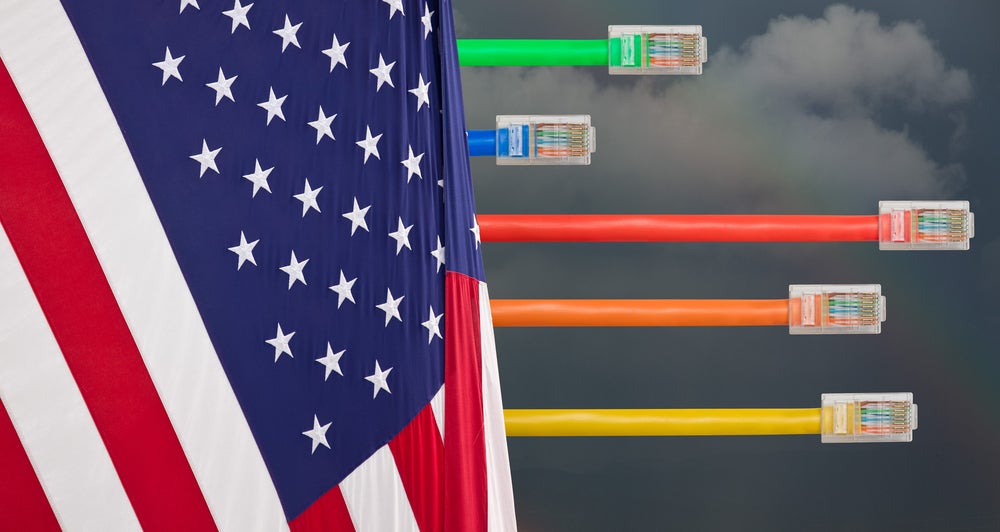The Q2 2024 earnings season was bound to cause grief for some US internet providers (ISPs), with the end of the Affordable Connectivity Program (ACP) – a $30/month broadband service credit for qualifying low-income households ($75/month on tribal lands) – threatening to wreak havoc on the subscriber counts for participating operators.
Nevertheless, the opening week of the US telecom operators’ Q2 2024 earnings circus made two things abundantly clear: there’s plenty of discomfort to go around, and for Charter and Comcast, in particular – the pain is only just beginning.
US ISPs and cable MSOs lose precious traction
US cable operators continue to see slippage in legacy HFC markets thanks to both the steady march of fibre overbuilders and the ascendency of 5G FWA. In fact, most recent home internet subscriber growth for the US cable multi system operators (MSOs) has been a result of success in greenfield buildouts and engagement with the ACP. Thus, having that popular low-income subsidy removed from the equation is an ill-timed blow.
While the headline-generating mobile line gains from the cable mobile virtual network operators could provide some crucial stickiness with convergence-minded customers, a prolonged US ISPs broadband subscriber drought will ratchet the pressure (and capital intensity) to hasten both new market build activity and implementation of DOCSIS 4.0 upgrades.
While Comcast experienced a significant sequential and year-over-year performance decline with its net loss of 120,000 broadband subscribers in Q2 2024, the cable behemoth actually claimed not to see significant impact from the ACP’s end during the quarter.
Of course, that should be a cold comfort, considering it means Comcast’s escalation in broadband subscriber losses happened as a matter of course while facing a mature, competitive market. Moreover, although Comcast isn’t offering concrete insight into its delinquency rate for Q2 2024, company execs believe that the most significant headwinds from the ACP’s end will occur in the form of non-paid disconnects beginning in Q3 2024.
How well do you really know your competitors?
Access the most comprehensive Company Profiles on the market, powered by GlobalData. Save hours of research. Gain competitive edge.

Thank you!
Your download email will arrive shortly
Not ready to buy yet? Download a free sample
We are confident about the unique quality of our Company Profiles. However, we want you to make the most beneficial decision for your business, so we offer a free sample that you can download by submitting the below form
By GlobalDataCharter will show the most bruising
At the vanguard for ACP participation, Charter counted more than five million credit recipients among its subscriber base before the signup valve was shut off in early 2024 (well over one-fifth of the program’s total 23 million participating households).
While Charter execs made a point during its Q2 2024 earnings call to note that the ACP’s end would be a “one-time” impact, there was also candid acknowledgement that the pain was going to play out over the next several quarters.
CEO Chris Winfrey noted, “The real question is the customer’s ability to pay not just now, but over time,” before making it clear that the company anticipates a significant uptick in non-paid disconnects over the next few quarters.
Translation: Despite shedding 154,000 residential broadband subscribers in Q2 2024, a twofold escalation on Q1 2024’s subscriber losses, the situation will only get worse for Charter on the home internet subscriber acquisition front before it gets better.
To be clear, there’s grief beyond the cable MSOs
While much of the pre-earnings US ISPs industry chatter centred on how the ACP’s demise would impact the US cable MSOs, there’s certainly more than enough discomfort to go around, and it’s worth remembering that over half of ACP recipients applied the credit toward mobile broadband service (some 55.9%, as of January 2024).
Verizon, for one, largely focused its ACP participation in the prepaid wireless portion of its operation, with around 1.2 million subscribers receiving the credit.
Consequently, tucked among the tidal surge of 634,000 net subscriber losses experienced by Verizon’s SafeLink prepaid brand in Q2 2024 were 410,000 ACP-related disconnects. While the YoY doubling in SafeLink attrition is absolutely a bleak result, the silver lining for Verizon would be that the nature of prepaid billing cycles likely puts the majority of its ACP-related headwinds behind the company.
The same can’t be said for the US MSOs, where the rising tide of non-paying disconnects will mean several more quarters of corporate dyspepsia and heightened investor scrutiny for the likes of Comcast and Charter.









Related Company Profiles
Charter Hall Group
Comcast Corp
Verizon Communications Inc